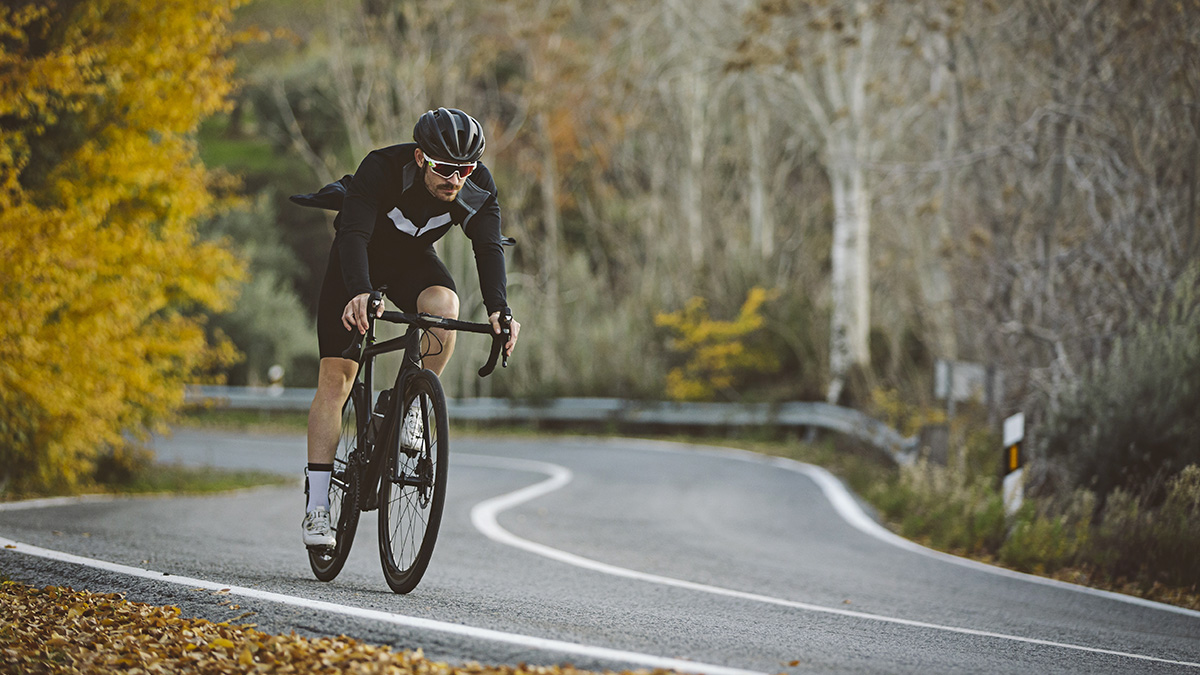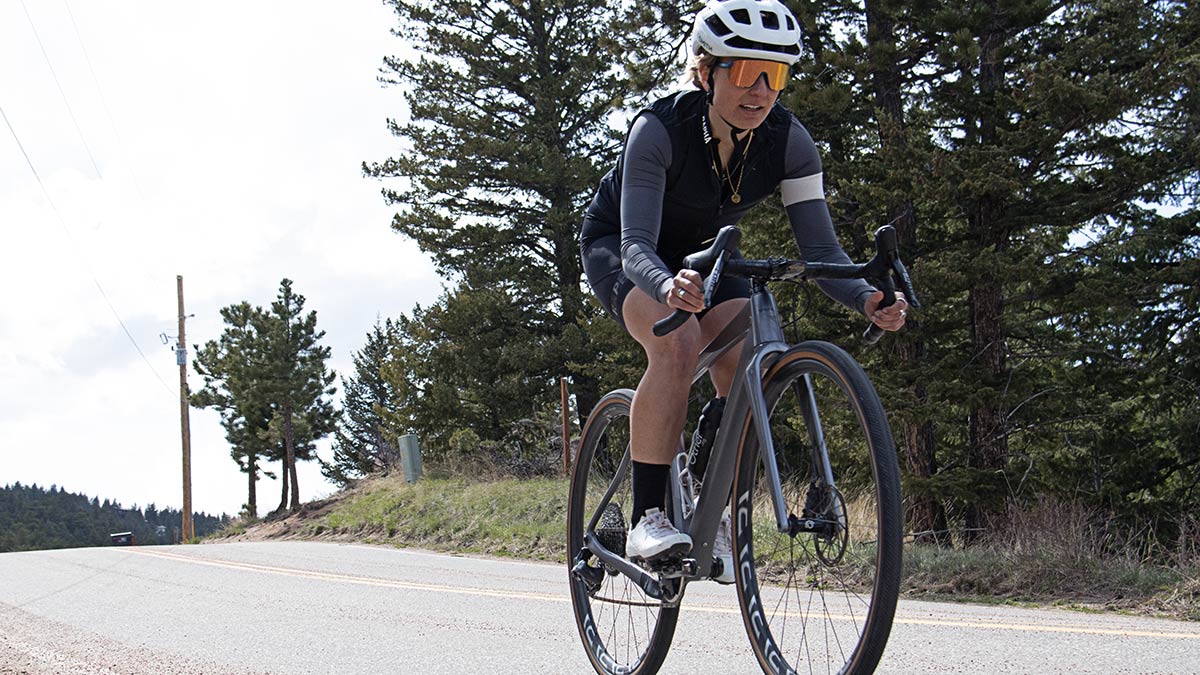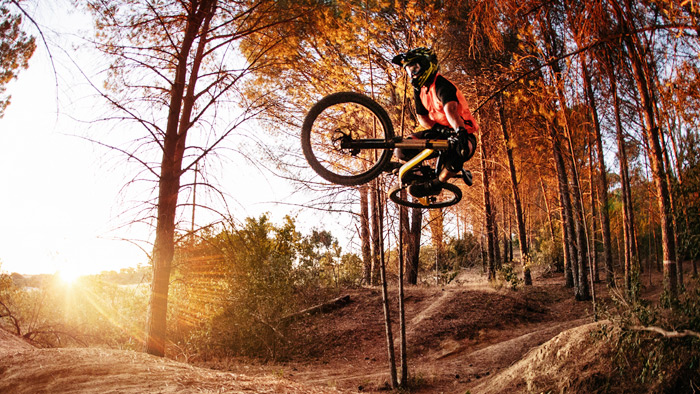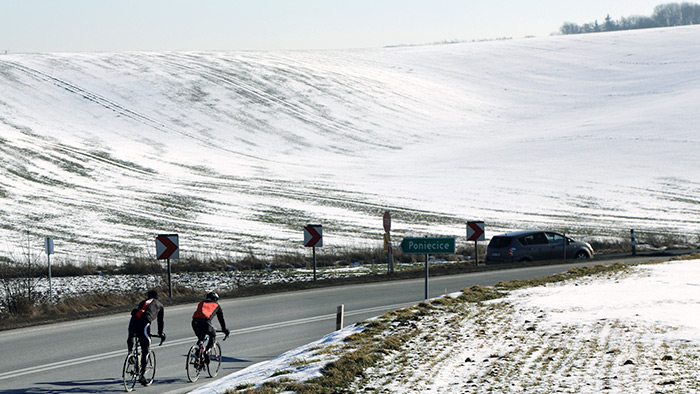Most athletes spend time each year away from their sport in order to recharge, both mentally and physically. Every athlete has a unique set of circumstances, and therefore may require a very different break than their peers, even in the same sport. This is why, like every other aspect of training, your offseason should be highly individualized. Here are the key things to consider:
Overall Structure
Some athletes stop training when the last race of the season has passed and start back up whenever motivation returns. Other athletes may just take a step back from structured interval work and enjoy wherever their chosen form of exercise may take them. Some athletes may continue to push on to future goals and races with no downtime at all. These are just a few examples of the different offseason routes people tend to take, and most people are probably some combination of the above. There is no ideal offseason; as long as it works for you, you’re doing it right.
Types of Fatigue
It’s important to consider both your physical and mental state when constructing your offseason. It’s easy to rest if you’re physically tired, but even if you’re not, you may still need to take a step back. For example, an injury or an interruption late in the season may mean that you’re physically less fatigued, but mentally and emotionally smoked, which could require equivalent rest. Each case is unique, but the goal is always the same; to emerge from the offseason both physically and mentally refreshed and ready to train to new heights for the upcoming season.
Duration
The amount of time required to recover from a season of training and racing can vary greatly from person to person—and can’t always be planned for. Sometimes you just need to take time until you “feel’ recharged. I recently talked with current US Pro Cycling National Champion Alex Howes about his three-month offseason last year. While this is an extreme case, it has clearly not hindered Alex this season—he also has 15 years of training and racing to inform his decisions. Another athlete with less experience and training under their belt may only need a few days of total rest, followed by a period of crosstraining or unstructured exercise to feel ready to get back into interval mode.
Perspective
This is where having a good coach can be very useful. It’s difficult to take a step back and be objective about your own training and fatigue status, especially when you’re used to the routine of training. It’s easier to not feel lazy when someone else tells you to sit on the couch or go to a cafe with a book on Saturday morning instead of to the gym.
The offseason comes in many shapes and sizes. If you’re working with a coach, be communicative with him or her about what you want or need. Be flexible, and don’t be afraid to take a few extra days of rest until you’re feeling ready to go. Don’t forget about the mental aspect of this time of the year. Even if you’re not feeling tired physically if you’re at the end of the racing season it’s probably a good time to take a step back to reflect on the season, catch up with friends and family, and take a break from structured workouts. Thanks for reading and hopefully everyone has a great offseason and comes back ready to work hard and get better for next year!









